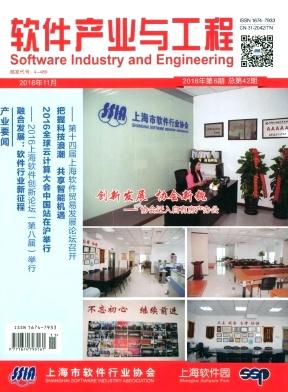Improving Grading Outcomes in Software Engineering Projects Through Automated Contributions Summaries
引用次数: 0
Abstract
Teaming is a key aspect of most professional software engineering positions, and consequently, team-based learning (TBL) features heavily in many undergraduate computer science (CS) and software engineering programs. However, while TBL offers many pedagogical benefits, it is not without challenges. One such challenge is assessment, as the course teaching staff must be able to accurately identify individual students’ contributions to both encourage and reward participation. In this paper, we study improvements to grading practises in the context of a CS1.5 introductory software engineering course, where assessing individual students’ contributions to weekly lab assignments is done manually by teaching assistants (TAs). We explore the impact of presenting TAs with automated summaries of individual student contributions to their team’s GitHub repository. To do so, we propose a novel algorithm, and implement a tool based off of it, AutoVCS. We measure the impact on grading metrics in terms of grading speed, grading consistency, and TA satisfaction. We evaluate our algorithm, as implemented in AutoVCS, in a controlled experimental study on Java-based lab assignments from a recent offering of NC State University’s CS1.5 course. We find our automated summaries help TAs grade more consistently and provides students with more actionable feedback. Although TAs grade no faster using automated summaries, they nonetheless strongly prefer grading with the support of them than without. We conclude with recommendations for future work to explore improving consistency in contribution grading for student software engineering teams.通过自动贡献摘要改进软件工程项目的评分结果
团队合作是大多数专业软件工程职位的一个关键方面,因此,基于团队的学习(TBL)在许多本科计算机科学(CS)和软件工程课程中占有重要地位。然而,尽管TBL提供了许多教学上的好处,但它并非没有挑战。其中一个挑战是评估,因为课程教学人员必须能够准确地识别每个学生的贡献,以鼓励和奖励他们的参与。在本文中,我们研究了CS1.5软件工程入门课程背景下评分实践的改进,在该课程中,助教(助教)手动评估每个学生对每周实验作业的贡献。我们探讨了向助教展示学生个人贡献到团队GitHub存储库的自动摘要的影响。为此,我们提出了一种新的算法,并在此基础上实现了一个工具,AutoVCS。我们根据评分速度、评分一致性和助教满意度来衡量对评分指标的影响。我们对AutoVCS中实现的算法进行了评估,该算法是在北卡罗来纳州立大学CS1.5课程最近提供的基于java的实验室作业的对照实验研究中实现的。我们发现我们的自动总结帮助助教评分更加一致,并为学生提供更多可操作的反馈。尽管助教们使用自动摘要评分并不会更快,但他们还是强烈倾向于在自动摘要的支持下评分。最后,我们对未来的工作提出建议,以探索提高学生软件工程团队贡献评分的一致性。
本文章由计算机程序翻译,如有差异,请以英文原文为准。
求助全文
约1分钟内获得全文
求助全文

 求助内容:
求助内容: 应助结果提醒方式:
应助结果提醒方式:


